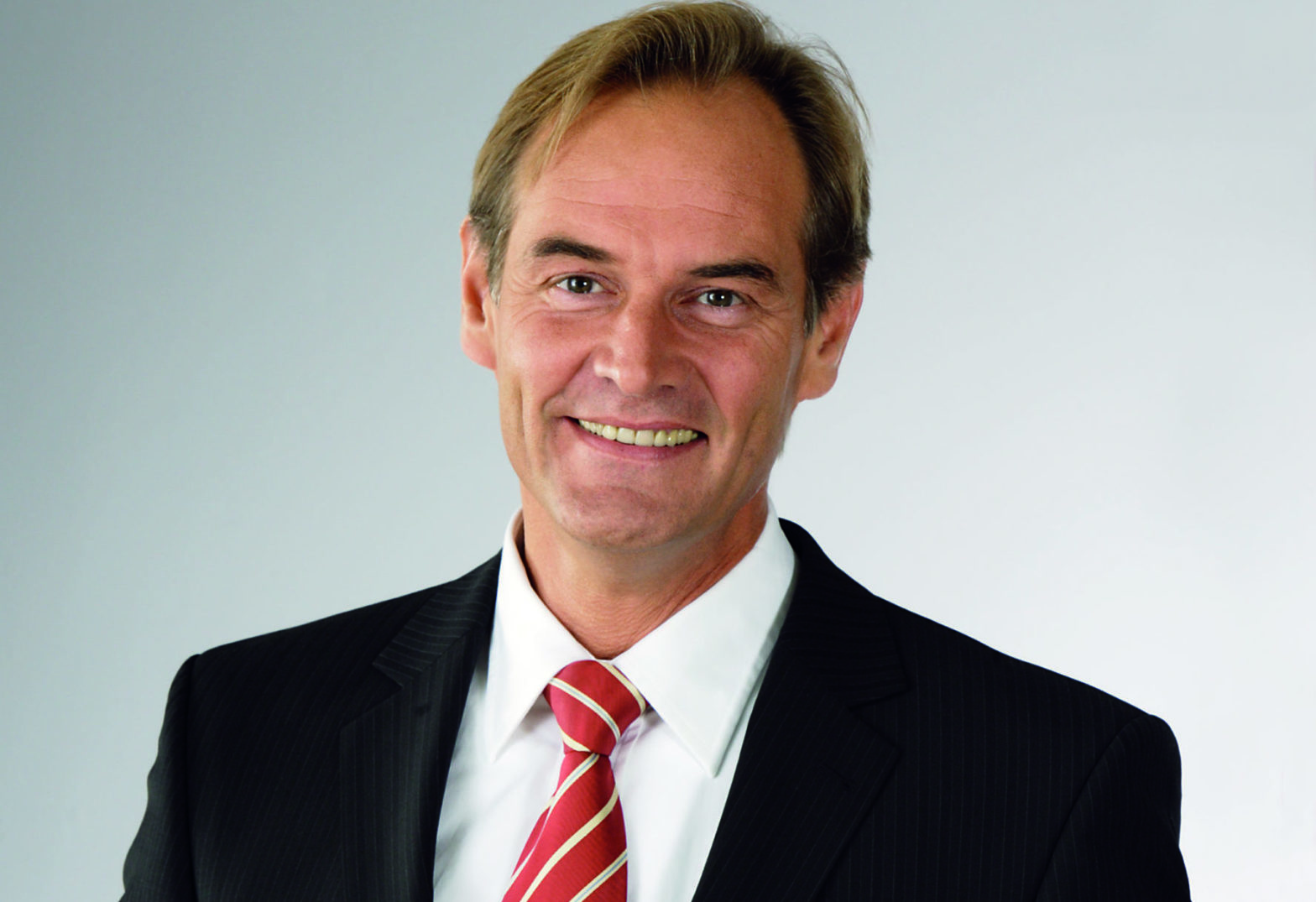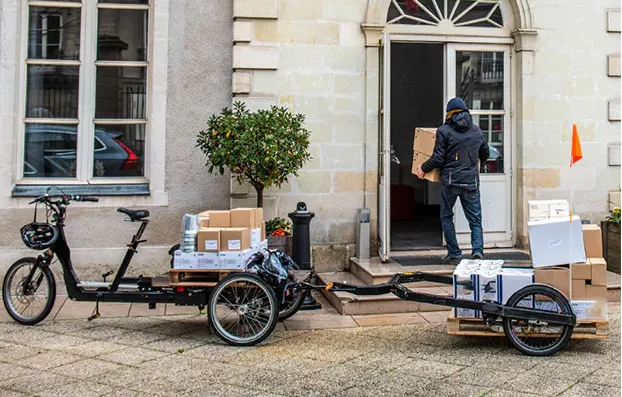
Photo: Burkhard Jung
To achieve a cycling revolution, the EU must match cities’ ambition
13 November 2023
by Burkhard Jung, President of Eurocities and Mayor of Leipzig.
As Mayor of Leipzig, I witness every day the huge potential of cycling to transform the way we live and travel in our cities. Instead of polluting cars, Leipzig’s streets are now busy with cyclists using the vibrant network of cycle paths we have built.
For many years, we have understood the advantages of cycling as a low cost, accessible mode of transport that boosts people’s health and reduces traffic congestion. Leipzig is investing in cycling to ensure a safe, liveable future for our residents.
But we do not stand alone. Across Europe, the leaders of major cities have long recognised the many opportunities cycling offers to improve the lives of local people and achieve the climate neutral objectives of the European Green Deal.
Now though, it is time for the EU institutions to match our vision and agree the ambitious recommendations we need to significantly expand our urban cycling networks.
Time for a ‘landmark’ Cycling Declaration
It was this ambition that cities wanted to see in the first draft of the European Commission’s Cycling Declaration, published in early October. This landmark text, which has been highly anticipated by cities, is intended to provide a major boost for cycling across Europe.
The draft declaration will serve as the basis for discussions between the EU institutions, ahead of the adoption of its final version next year.
Despite all of cycling’s obvious benefits, it still represents a small share of the total number of trips made by people in Europe. On average in the EU, only 7.4 percent of the total number of trips are made using bikes.
While cities have made significant strides to develop cycling, we understand that if we are to truly achieve its expansion, we need support at EU level.
If fully recognised, the declaration will ensure that the EU institutions and member states ramp up their efforts to make cycling a fully recognised mode of transport. It will also give city leaders the funding and support we need to build on the many cycling initiatives we have already implemented in our urban areas.
In Leipzig, for instance, we have developed a cycling network of nearly 550 kilometres, and the percentage of distances covered by cyclists in the city is now 19 percent of the total distances travelled. In the past year, we have started to convert an entire car lane on Leipzig’s ring road into a green bike lane, and we are also building the Löwitz quarter, a low-traffic neighbourhood giving priority to cyclists.
As a result of these innovative actions, our city was chosen to host this year’s world cycling summit, Velo-city 2023, a prestigious honour that makes us all very proud.
Elsewhere, in Paris, annual cycling traffic has surged by 166 percent since 2018, due to 1,000 kilometres of new bike lanes and €19 per inhabitant spent by the city.
In Helsinki, as part of its objective to become climate neutral, the city has pledged to double the number of trips carried out by bike by 2030.
And in Strasbourg, the city plans to increase its bike parking spaces by 50 percent by converting the main train station’s car parking area.
Pedal-powered change
While much has already been achieved by cities, we have been clear about the support we need from the European institutions. Ahead of the launch of the cycling declaration, a dedicated Eurocities Task Force, led by Copenhagen and involving 29 European cities, developed several key proposals on urban cycling to inform the Commission’s decisions.
Among the key recommendations from our cities was the need to have EU rules that protect the safety of cyclists, including powers for city administrations to independently implement a 30 kilometre per hour speed limit in their local areas. Cities also called for more EU research into technologies to collect cycling data, to help identify potential bike safety or parking issues.
Above all, cities stressed the need for EU support to develop safe, high quality cycling networks, such as cycle paths and bike parking spaces. And we made it clear to the European institutions that we are ready to work alongside them to make our cycling dream a reality.
But does the Commission’s legislation match our ambitions?
A sustainable, healthy form of transport
There is a great deal for cities to welcome in the draft cycling declaration.
The text “recognises cycling as one of the most sustainable, accessible and inclusive, low-cost and healthy forms of transport and recreation, and its key importance for European society and the economy.”
In line with our proposals, the European Commission also acknowledges that more investment in cycling is needed to fully unleash its potential in Europe.
Likewise on data collection, the Commission plans to create an EU-wide database to gauge progress on cycling infrastructure, as well as measuring cycling-related injuries.
However, missing from the text is Eurocities’ proposal for cities to have the ability to lower local speed limits.
Also concerning for cities is the Commission’s failure to set specific targets or ways to assess the long-term impact of the declaration.
Monitoring EU progress is essential
Looking ahead, we are entering a crucial period of debate on the future of cycling in Europe. The decisions made now will decide the future of cycling for many years to come.
As the European institutions gear up to debate a final joint text on cycling, they must recognise that monitoring progress on the implementation of the cycling declaration is essential. Failure to do so will considerably weaken the cycling declaration and could even lead to its collapse.
We urge the EU to seize this unprecedented opportunity to foster uptake of this healthy, cheap and sustainable mode of transport.
Can the EU spark a cycling revolution? For that to happen, it must match the ambition already shown by our cities. The jury is still out.









